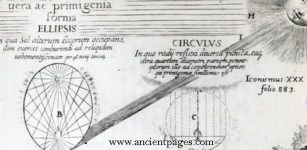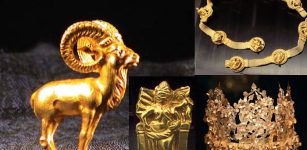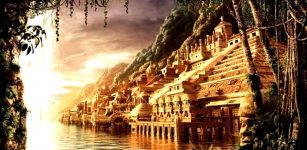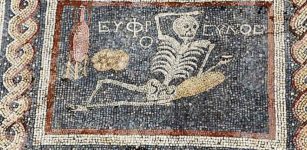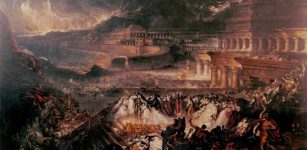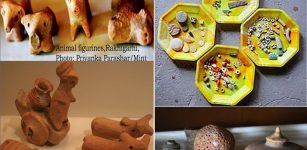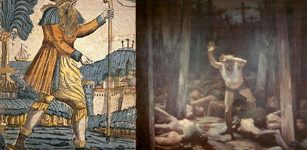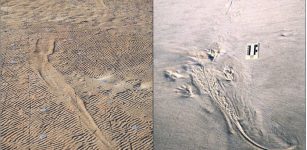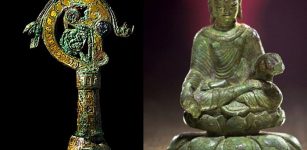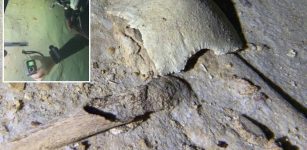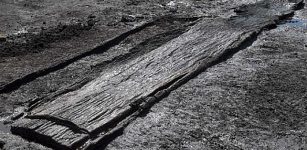Ancient City Of Metropolis: Ruins With Traces Of The Hittites, Hellenistic, Roman, Byzantine And Ottoman Empires
Conny Waters - AncientPages.com - Ancient Metroplis and its treasures has been brought to the light of day thanks to the continuous excavations in the ancient city of Metropolis in Torbali district, about 40 km southeast of İzmir, Turkey that have been carried out since 1990.
The area was even earlier (in 1972) inspected by researchers from Izmir University.
Metropolis was an important city of trade along with Ephesus and Smyrna.It was known as the “Mother Goddess City” in mythology.
In the ruins of Metropolis, there are traces of early Neolithic as well as Classical, Hellenistic, Roman, Byzantine and Ottoman periods represented in the ancient city.
Apart from the important buildings that formed the urban fabric of the ancient city life, excavations contributed with 11,000 important archaeological findings, including ceramics, coins, glass, architectural pieces, figures, sculptures, artifacts made from bone and ivory, pithos and Hellenistic era artifacts made from metal and ceramics.
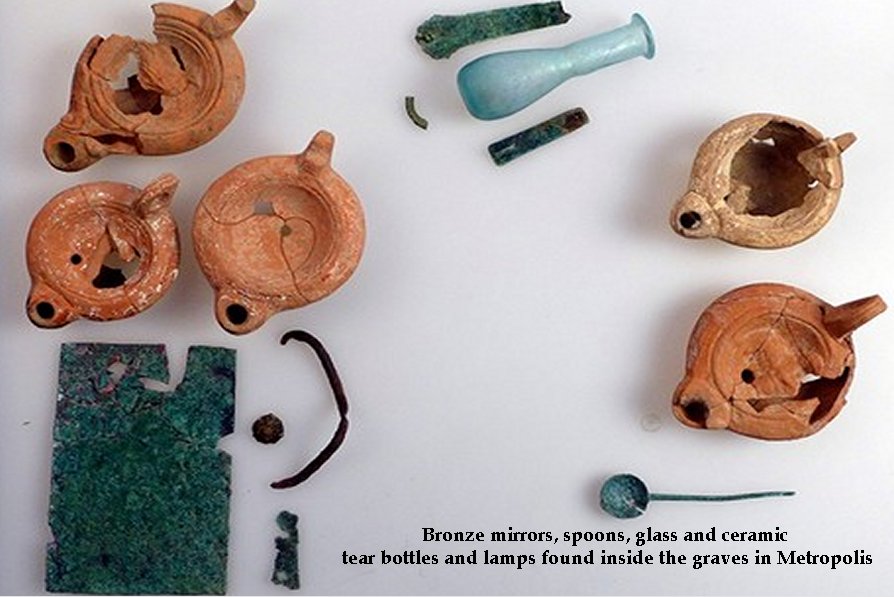
Bronze mirrors, spoons, glass and ceramic tear bottles and lamps found inside the graves, The lamps were reportedly buried with the dead person with the aim to "light up his/her way" in the afterlife. AA Photo
Excavations revealed many artifacts and structures including recent ancient burial tombs belonging to a noble family, bronze mirrors, spoons, glass and ceramic tear bottles and lamps inside the graves, reports Anadolu Agency.
The lamps were reportedly buried with the dead person with the aim to "light up his/her way" in the afterlife.
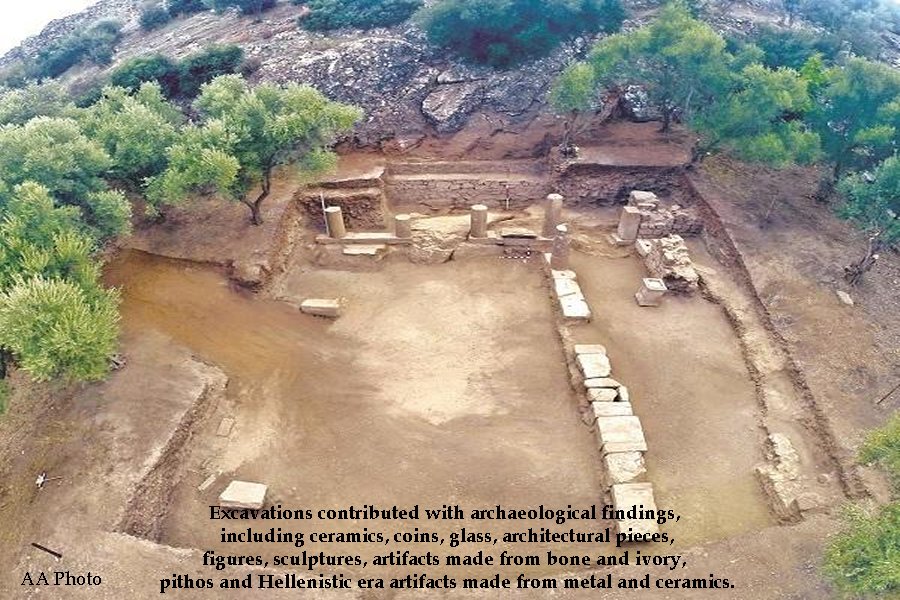
Ruins of a cult area built for Zeus, the main god of the ancient Helen mythology, in Metropolis. AA Photos
Excavation leader Professor Serdar Aybek from Izmir University, said that the burial chambers give important clues about cultural and social practices of the people who lived in Metropolis.
"The concept of family in Metropolis after the 1st century AD was based on strong foundations, and was well-regarded," Aybek said, adding that the fortresses indicate that the city played a key role in trade activities in the region.
Written by Conny Waters - AncientPages.com Staff Writer
Expand for references

